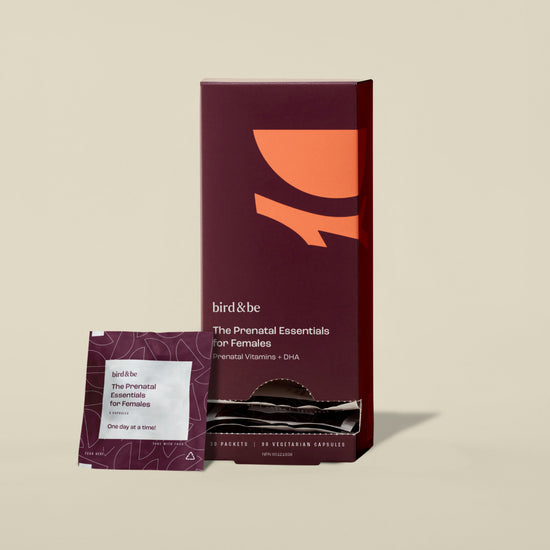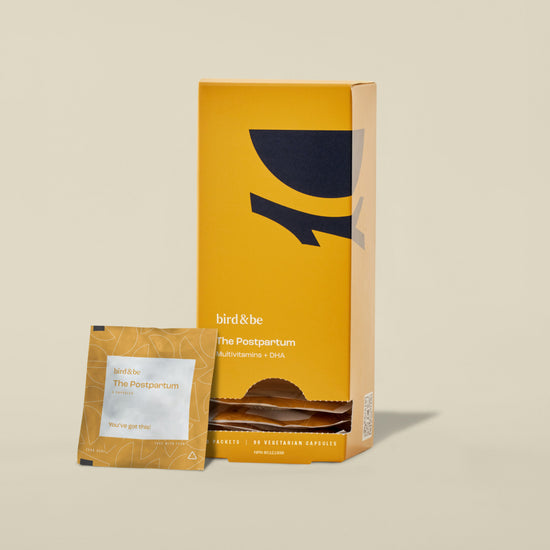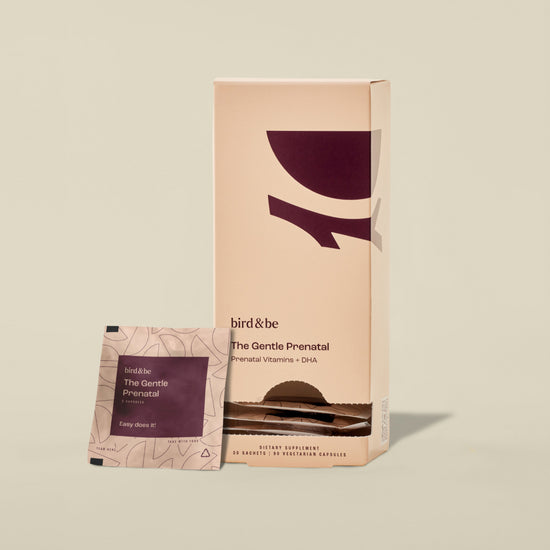Pregnancy comes with all sorts of symptoms and what you can and can’t do often comes down to how you’re feeling. Someone who is put on bed rest by their doctor, for example, can do a lot less than someone who hasn’t. But there are a few things that seem to be universally understood to be bad during pregnancy including hot tubs, litter boxes and impact activities. But what does the science say? What activities and behaviours should you actually avoid while pregnant?
Learn More About Foods and Beauty Products to Avoid While Pregnant →
Hot tubs
Women are commonly recommended to avoid the use of hot tubs during pregnancy, but what are the risks, and what about other heat sources like a regular bubble bath? A group of researchers in California investigated the link between hot tub use and miscarriage in a 2003 study. They reported that compared with those who did not use hot tubs or whirlpool baths during pregnancy (conception to 20 weeks), those who did were twice as likely to have a pregnancy loss, and the more frequent the use, the greater the risk. The authors also reported that most of the study’s participants didn’t use a regular bathtub and of those that did, it didn’t increase the risk of miscarriage, so the link is likely strongest with higher temperatures and more frequent use, as well as timing (use in the first 10 weeks of pregnancy was associated with a greater risk).
Litter boxes
Toxoplasmosis is an infection caused by the single-celled parasite Toxoplasma gondii. Humans can become infected by eating contaminated raw or undercooked meat, or accidentally ingesting soil or cat litter, since T. gondii’s sex cycle occurs exclusively in the intestinal tract of cats (meaning, it ends up in their poop). Although I’m sure we don’t need to say here, “Don’t eat kitty litter!”—transmission could occur if you were to touch contaminated cat litter or soil and then touch your mouth or handle food that you’re eating.
If a pregnant mother becomes infected, the risk of transmitting it to the fetus in early pregnancy is less than six percent, but with more detrimental effects like pregnancy loss, while the rate of transmission increases to 60 to 81 percent in third trimester. If the fetus becomes infected, it can cause congenital toxoplasmosis and a whole host of brain issues including fluid in the brain, smaller-than-normal head development, blindness, epilepsy and other developmental issues.
If you’re wondering about the maternal effects, an infection usually causes only mild symptoms as our immune systems (if functioning well) can typically handle the infection.
Since toxoplasmosis is generally transmitted by ingested contaminated material, the best prevention is to avoid contact with litter boxes or soil in case the cat feces contain T. gondii eggs, but you can also wear disposable gloves while handling cat matter (and gardening gloves while handling soil) and ensure proper hand washing immediately afterwards. Keep in mind that a cat is much less likely to be infected if they are an indoor cat and consume a diet of cooked, preserved or dry food.
Exercise While Pregnant →
Sports and impact activities
There are many benefits to physical activity during pregnancy. Regular exercise can reduce the risk of developing diabetes, can lead to better mood and sleep and it can help prevent excess weight gain. However, certain activities should be avoided since they pose a greater risk of injury. Any activity that can cause a hit or injury to the abdomen should be avoided during pregnancy. This includes both contact sports and high-risk solo activities such as:
- Soccer/Football
- Hockey/Field hockey
- Basketball
- Martial arts that involve a partner or sparring.
- Downhill skiing or snowboarding
- Extreme mountain biking
- Wakeboarding/waterskiing
- White water rafting or kayaking
The risk of injury during pregnancy is also greater because the body doesn’t feel or move the same as it did pre-pregnancy. The increase in body weight, shift in center of gravity and the body’s ligaments becoming lax all affect physical abilities and can increase the risk of an injury. There are lots of activities that can be safely done during pregnancy—but make sure to check in with your body and pay attention to how each of those activities feels. If you were a runner pre-pregnancy, you might still be able to run or jog during your pregnancy, but you might not.
Safe activities in pregnancy:
- Walking
- Swimming
- Aqua aerobics
- Pregnancy-modified yoga
- Tai Chi
- Low-impact aerobics
- Dancing
- Canoeing or kayaking in calm water
Beauty Products to Avoid While Pregnant →
Household chores
You might be wondering if your pregnancy allows you to delegate cleaning tasks to someone else or what kind of products you can safely use in your living space. The rules for cleaning during pregnancy are like those pre-conception. First and foremost, always opt for non-toxic cleaning products since exposure to chemicals (skin contact or inhalation) can cause major health issues including respiratory inflammation and general toxicity that can affect the nervous and reproductive systems. One of the simplest and most effecting cleaning products is baking soda and vinegar, but there are also great lines of non-toxic cleaning supplies that can be used around the house.
When tackling housecleaning, keep the following in mind:
- Avoid the use of aerosol products since there’s a greater likelihood of inhaling the product
- Avoid all bleach products—bleach is toxic when combined with other cleaning products (even vinegar!) and corrosive straight from the bottle
- Wear gloves to protect skin from irritation
- Keep the area well ventilated
- Try not to kick up dust—instead use a damp cloth, or disposable dusting cloth, that traps dust (household dust has been found to contain Bisphenol-A (BPA) and BPA analogues and BPA has proven hormone-disrupting properties and has been banned in baby bottles because of its toxic effects)
- Ensure your vacuum cleaner has a working HEPA filter—clean or replace the filter as directed by the vacuum manufacturer






